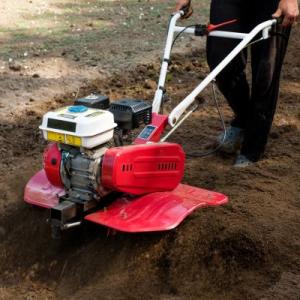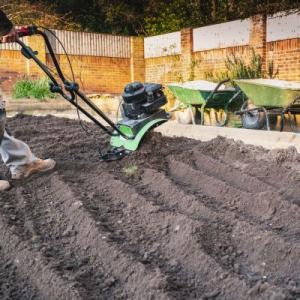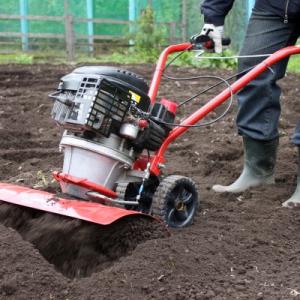Garden Tilling: Roswell
Garden Tilling in Roswell
Get help with Garden Tilling in Roswell. Fill out the form above and we will connect you with local Roswell pros. Garden tilling offers numerous advantages for homeowners and garden enthusiasts. This service helps to prepare the soil for planting by breaking it up, improving its texture, and increasing its nutrient content. By tilling the garden, you create a favorable environment for plant roots to penetrate the soil easily, promoting better growth and healthier plants. Additionally, tilling helps to control weeds by uprooting them and preventing their spread. It also enhances water absorption and drainage, reducing the risk of waterlogging. With garden tilling, you can achieve a well-prepared garden bed that maximizes the potential for a thriving and abundant harvest.Garden Tilling FAQ
Q: How Deep Should I Till My Garden Soil?
Answer: The depth of tilling your garden soil depends on several factors, such as the type of plants you are growing and the condition of your soil. In general, a depth of 8 to 12 inches is sufficient for most garden beds. However, it's important to avoid over-tilling, as it can disrupt the soil structure and harm beneficial organisms. It's recommended to perform a soil test and consult with local gardening resources to determine the ideal depth for your specific garden.Q: What Are The Benefits Of Tilling My Garden?
Answer: Tilling your garden has several benefits, including improved soil aeration, weed control, and enhanced nutrient absorption for plants.Q: When Is The Best Time To Till My Garden?
Answer: The best time to till your garden is typically in the spring, after the soil has thawed and dried out enough to be worked.Q: Can Tilling Improve The Drainage In My Garden Soil?
Answer: Yes, tilling can help improve drainage in garden soil. By breaking up compacted soil and increasing aeration, tilling allows water to penetrate more easily and drain away, preventing waterlogging and improving overall soil health.Garden tilling, also known as soil cultivation or plowing, is a process that involves breaking up and turning over the top layer of soil in a garden or agricultural field. This is typically done using a machine called a tiller or cultivator, which has rotating blades or tines that dig into the soil. Garden tilling helps loosen compacted soil, remove weeds, and incorporate organic matter or amendments into the soil. It is an essential step in preparing the soil for planting, as it improves drainage, aeration, and nutrient availability for plants. Regular tilling can also help control pests and diseases by disrupting their habitat. Overall, garden tilling is a common practice used by gardeners and farmers to create a favorable environment for healthy plant growth and maximize crop yields.



